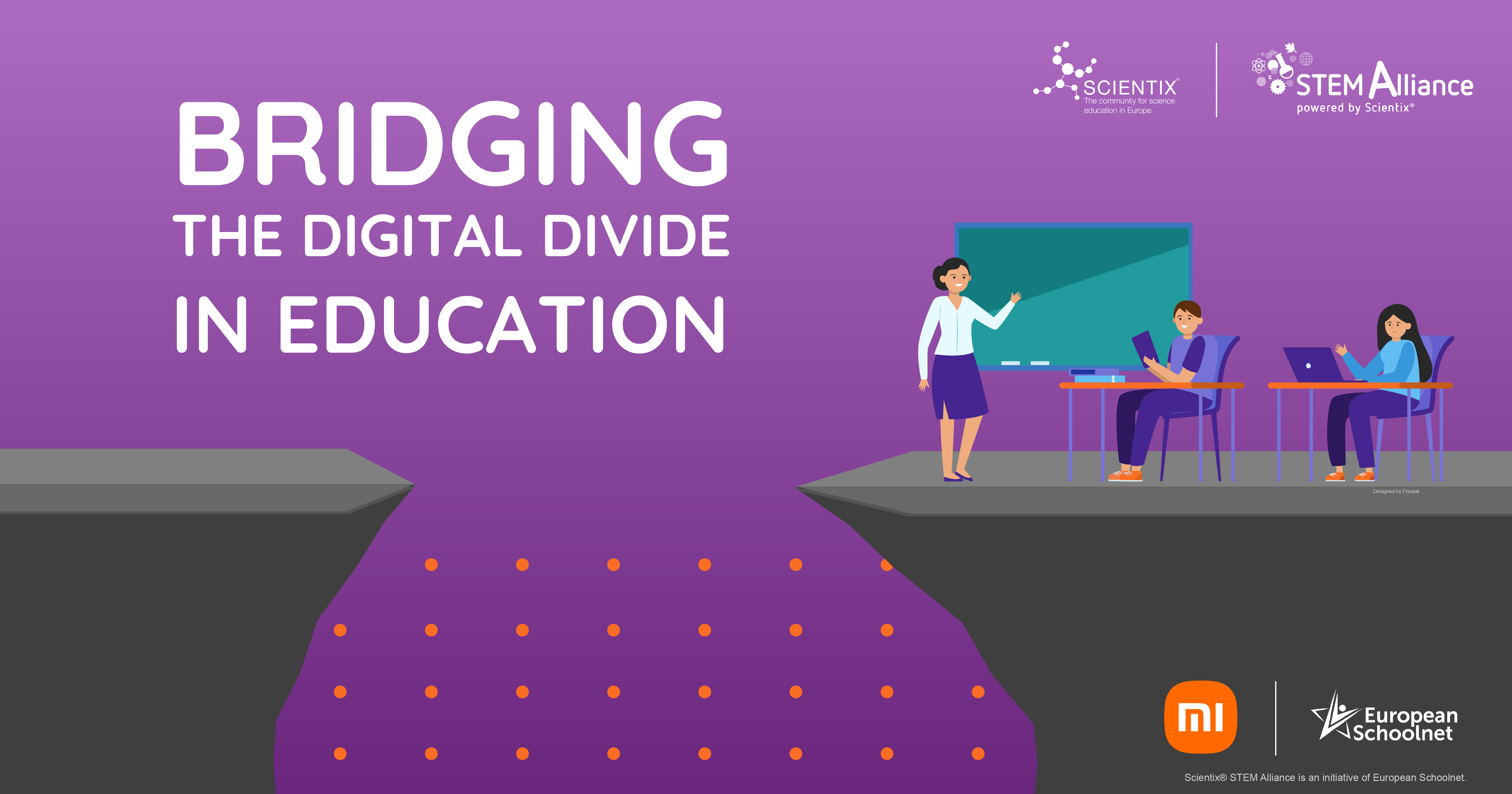
SHERIDAN, WYOMING – October 15, 2025 – SHERIDAN, WYOMING – October 15, 2025 – In an era where 90% of European jobs require basic digital skills, a striking 32% of citizens remain digitally underprepared. To help close this growing gap, Xiaomi and the European Schoolnet (EUN) are taking action — turning the global tech brand’s vision of inclusive innovation into tangible impact across classrooms in Europe.
Empowering Access Where It Matters Most
Digital readiness is no longer a luxury — it’s a lifeline for education and future employability. Yet, for many students across Europe, limited access to devices, training, and funding remains a significant obstacle. Guided by its mission to “let everyone in the world enjoy a better life through innovative technology,” Xiaomi is stepping up through its Bridging the Digital Divide in Education initiative.
This program works directly with EUN’s Scientix STEM Alliance, connecting technology and learning to help students and teachers gain the digital skills they need for a modern job market. The collaboration is part of Xiaomi’s broader corporate social responsibility strategy — proving that innovation can serve not just efficiency, but equality.
Turning Technology Into Real Learning Opportunities
In early 2025, Xiaomi supported EUN’s STEM Discovery Campaign — a Europe-wide program focused on identifying and assisting schools and science clubs most in need of digital tools.
Highlights of the campaign include:
- 700,000 educators and students reached across Europe through classrooms, libraries, and STEM centers.
- 51 educator stories collected, offering firsthand insight into how teachers navigate outdated hardware, minimal funding, and limited training resources.
A supporting research report revealed key challenges that continue to slow down digital transformation in education:
- Device shortages: Over 80% of educators lack enough modern devices for flexible teaching.
- Training gaps: 60% reported a shortage of quality, hands-on digital training.
- Funding limits: Nearly half depend on grants, donations, or personal funds to cover tech needs.
From Research to Real-World Results
To move beyond analysis and into action, Xiaomi and EUN held two practical training sessions at the Future Classroom Lab in Brussels in June 2025. Nineteen educators from ten institutions learned how to integrate Xiaomi tablets into their teaching, exchanging lesson ideas and building confidence to bring digital learning into everyday practice.
This hands-on approach ensures technology doesn’t just reach classrooms — it empowers teachers to use it effectively.
Expanding Reach Across Europe
The initiative’s next phase will bring 100 Xiaomi tablets to educational centers across Croatia, Greece, Portugal, Romania, Serbia, and Türkiye — directly benefiting around 1,000 students. Beyond the devices themselves, the program focuses on long-term skill-building and empowerment, helping students strengthen their digital competencies and prepare for careers in an increasingly digital economy.
Why This Matters Beyond the Classroom
What makes this project stand out is its focus on shared knowledge and sustainable impact. Findings from Xiaomi’s collaboration will be shared publicly through EUN’s network of 34 Ministries of Education, industry partners, and educational institutions — helping shape national and regional digital education policies.
In essence, Xiaomi isn’t just donating technology; it’s helping build the foundation for a more inclusive digital future — one classroom, one teacher, and one student at a time.
Editorial Extra: 3 Ways Xiaomi’s Digital Education Initiative Benefits Students
- Equal Opportunity: Gives under-resourced students the same digital tools as their peers in urban or high-income areas.
- Empowered Teachers: Offers hands-on training so educators can integrate tech with confidence.
- Future Readiness: Strengthens skills that align with today’s job market demands, reducing barriers to employment.